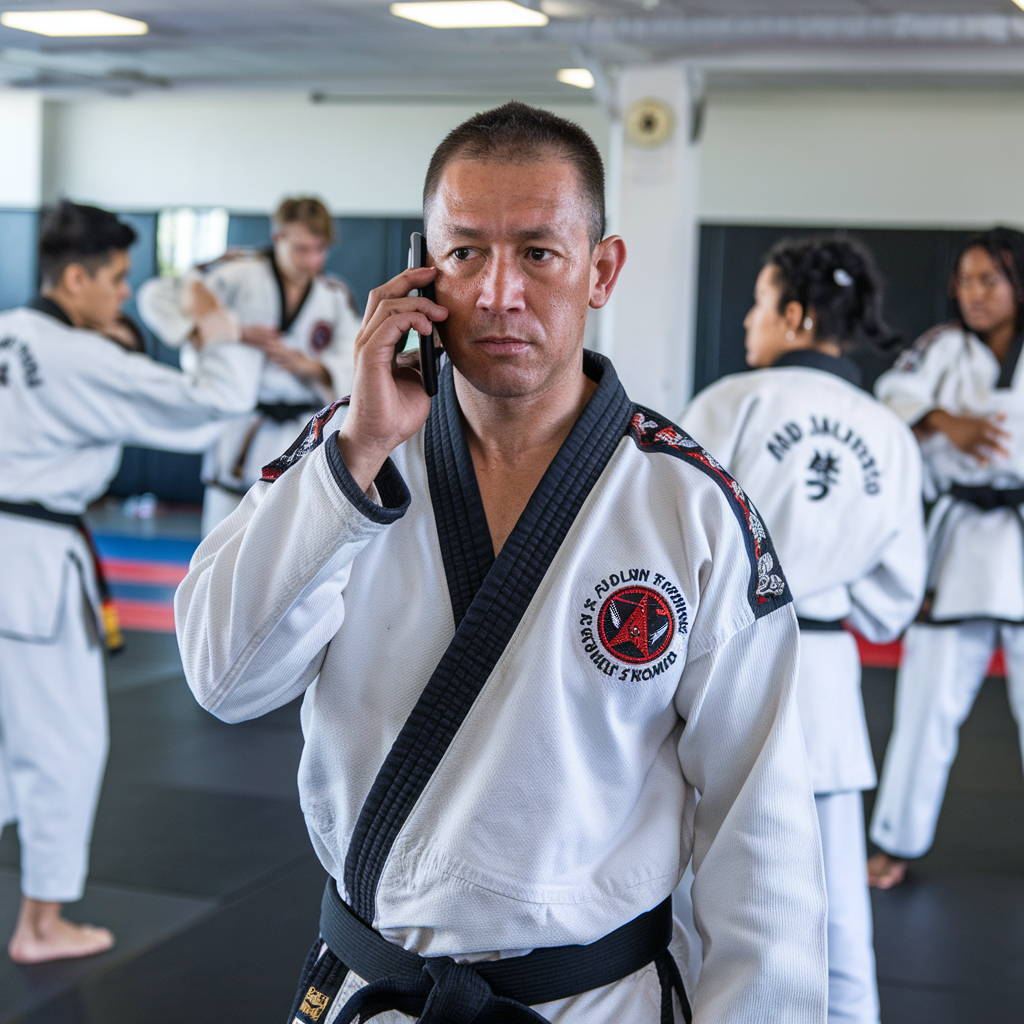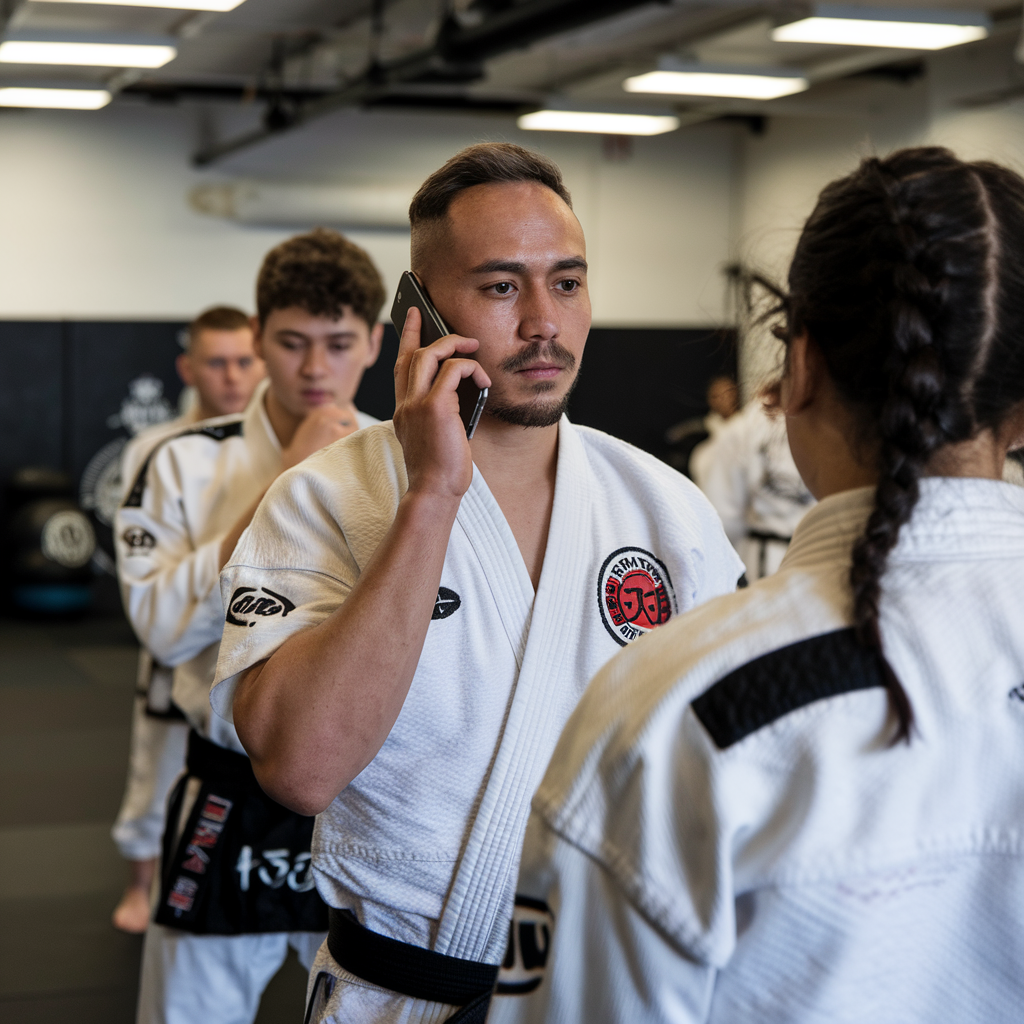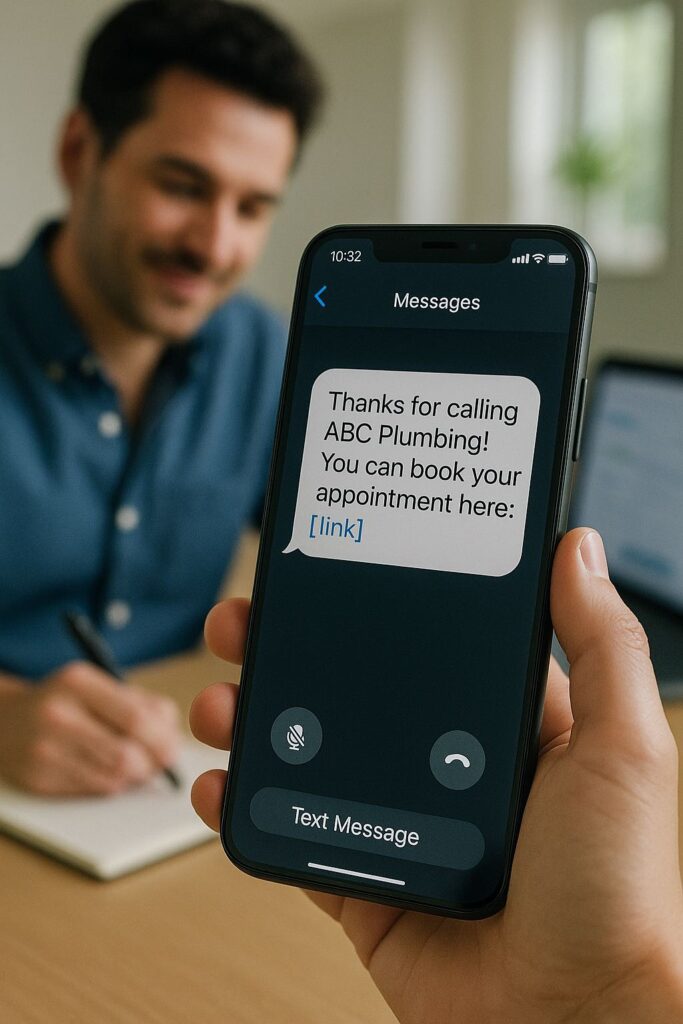
Capoeira, a Brazilian martial art that combines acrobatics, rhythm, and strategy, teaches practitioners to move fluidly and adapt to their opponent’s movements. In customer service, communication is a dynamic exchange, requiring flexibility, responsiveness, and a rhythmic flow to keep conversations positive and productive. At Call Care Pro, we believe that adopting Capoeira’s principles can help agents navigate interactions with agility and confidence.
The Rhythm of Conversation
Capoeira is deeply connected to rhythm—practitioners move in harmony with the music and their opponent’s energy. Similarly, effective customer service requires understanding the natural flow of a conversation. Agents should listen attentively, match the customer’s tone, and guide the interaction smoothly toward resolution.
Building rhythm in conversation involves maintaining a steady pace—speaking too fast can overwhelm the customer, while speaking too slowly might come off as unengaging. A well-paced dialogue, much like a well-executed Capoeira movement, ensures that both parties stay engaged and connected throughout the conversation. Agents who develop a keen sense of timing can recognize when to pause, when to offer reassurance, and when to transition into the next phase of resolution.
Adaptability in Customer Interactions
Capoeira fighters never use rigid movements; they react to their opponent’s actions with fluidity and creativity. In customer service, agents must be adaptable, responding to different customer personalities and challenges without following a one-size-fits-all script. Being flexible in communication allows agents to personalize interactions and find the best solutions.
Flexibility is also key in problem-solving. A customer may present an issue in a way that is unexpected or complex, requiring an agent to pivot and think on their feet. Much like a Capoeirista who dodges an opponent’s attack and counters with a creative maneuver, a customer service professional must adjust their approach to provide the most effective solution. This agility ensures that no matter the situation, the agent remains composed and ready to assist.
Strategic Engagement: The Ginga of Customer Service
The fundamental movement of Capoeira, called ginga, keeps fighters in constant motion, making them harder to predict and control. Customer service agents can apply this principle by staying proactive—anticipating customer needs, addressing concerns before they escalate, and always being ready with the next best step in the conversation.
Proactive customer service involves recognizing patterns in customer behavior and using that knowledge to provide solutions before an issue becomes problematic. By monitoring common customer inquiries and concerns, agents can anticipate questions and offer preemptive guidance. The ability to stay one step ahead not only helps resolve issues more efficiently but also builds trust with customers, reinforcing that they are in good hands.
Playfulness and Positivity
Capoeira is often playful, incorporating elements of dance and trickery to create a lively exchange. In customer service, maintaining a friendly and positive tone helps diffuse tension and makes interactions more enjoyable. Smiling while speaking, using encouraging language, and adding a touch of warmth can transform even difficult calls into pleasant experiences.
Humor, when used appropriately, can also be a valuable tool in customer interactions. A well-placed lighthearted remark can ease frustration and create a more relaxed atmosphere. However, just as in Capoeira, timing and sensitivity are crucial—agents must gauge the customer’s mood and ensure their approach remains professional and respectful.
Building Stronger Connections
Capoeira is not just a martial art—it’s a cultural expression that fosters community and connection. In customer service, building rapport with customers is just as important as resolving their issues. By showing genuine interest, personalizing conversations, and demonstrating empathy, agents can create meaningful interactions that strengthen customer relationships.
Empathy is the cornerstone of strong customer relationships. Understanding the emotions behind a customer’s concern allows agents to respond with compassion and sincerity. Simple gestures, such as addressing customers by name, recalling previous interactions, and offering tailored solutions, go a long way in making customers feel valued and heard.
Beyond one-on-one interactions, companies can build a sense of community by fostering ongoing engagement with customers. Sending personalized follow-up emails, providing exclusive content, and inviting customers to participate in surveys or forums are ways businesses can create lasting relationships. Just as Capoeira unites practitioners in a shared cultural experience, customer service can foster a sense of connection and loyalty among customers.
Overcoming Challenges with Grace
Capoeiristas often face unexpected challenges in the roda, or circle, where the martial art is performed. They must think quickly, respond to sudden changes, and recover gracefully from setbacks. Similarly, customer service professionals encounter difficult customers, technical issues, and unforeseen complications. The ability to handle these challenges with composure and confidence is what sets exceptional service apart.
When facing a particularly challenging customer, agents should approach the situation with patience and professionalism. Instead of reacting defensively, acknowledging the customer’s frustration and offering clear, step-by-step assistance can help de-escalate tension. Like a Capoeirista who stays light on their feet, a skilled agent remains calm and adaptable, ensuring that even the most difficult interactions end on a positive note.

Training for Excellence
Capoeira requires continuous practice and dedication to master its techniques. The same applies to customer service—ongoing training and skill development are essential for maintaining high-quality interactions. Companies should invest in regular training sessions that focus on active listening, conflict resolution, and customer engagement strategies.
One effective training method is role-playing, where agents practice handling various customer scenarios. This allows them to refine their problem-solving abilities and develop confidence in managing different types of interactions. Additionally, reviewing real customer interactions and analyzing areas for improvement can provide valuable insights and enhance performance.
Just as Capoeira practitioners learn from their experiences in the roda, customer service agents benefit from continuous feedback and self-reflection. Encouraging a culture of learning and improvement ensures that agents remain at the top of their game, ready to provide outstanding service.
Conclusion: Mastering the Art of Capoeira Communication
By embracing the principles of rhythm, adaptability, strategy, positivity, and connection, customer service agents can engage in dynamic and effective conversations. The key lessons from Capoeira that apply to customer service include:
- Rhythm and Flow: Keeping conversations smooth and engaging.
- Adaptability: Adjusting responses to fit each unique customer interaction.
- Strategic Proactivity: Anticipating needs and guiding conversations effectively.
- Playfulness and Positivity: Using warmth and humor to create enjoyable interactions.
- Building Connections: Establishing trust and fostering customer loyalty.
- Grace Under Pressure: Handling difficult situations with professionalism and composure.
- Ongoing Training: Continuously improving skills to enhance service quality.
At Call Care Pro, we emphasize these elements to ensure seamless, engaging, and customer-centric interactions. By applying the wisdom of Capoeira to customer service, agents can transform everyday conversations into meaningful, productive exchanges that leave a lasting impact.
Want to improve your team’s customer communication skills? Contact Call Care Pro today!

